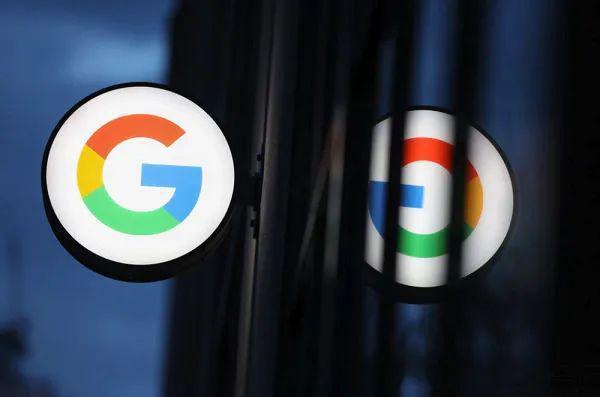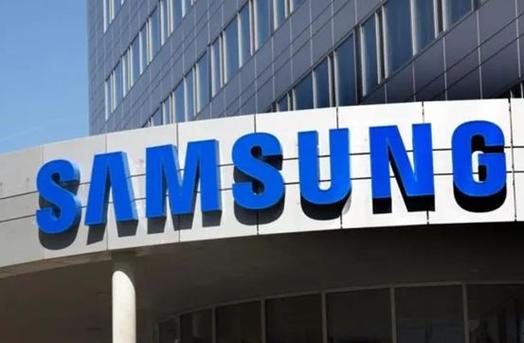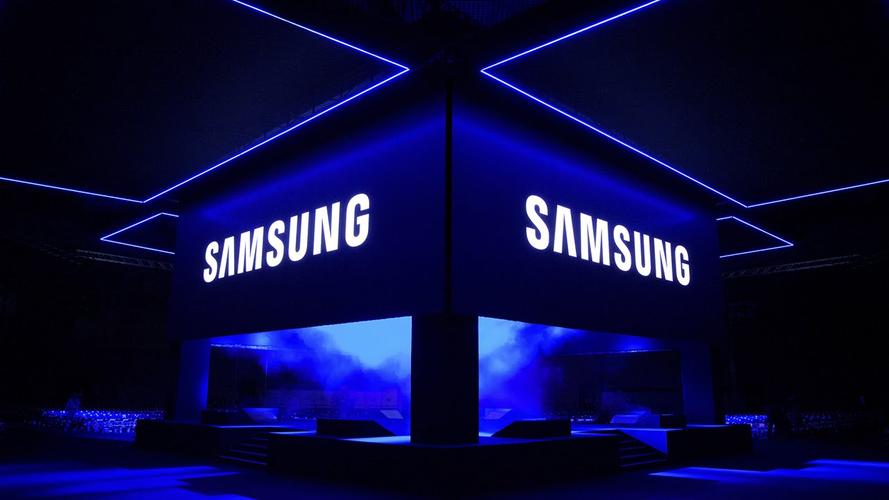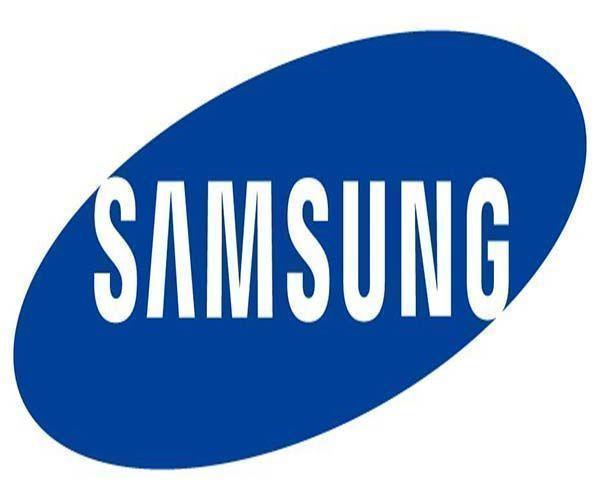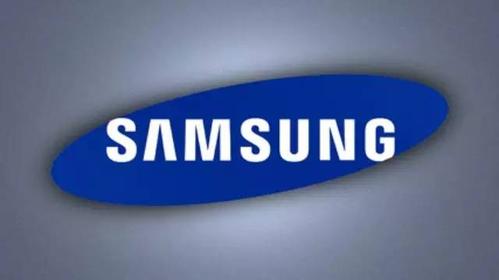Recent AI developments spark serious ethical debates. Experts worry about built-in biases in these systems. AI tools used for hiring sometimes screen out qualified candidates unfairly. Similar problems appear in court systems. AI tools meant to predict crime risk show bias against minorities. This raises major fairness concerns. Many people demand stricter rules.
(Controversy, Challenges, and Ethics (251-320))
The rise of deepfakes and AI-generated misinformation creates another big problem. Fake videos and audio recordings look incredibly real. Bad actors use this tech for scams and political manipulation. Telling real news from AI fakes gets harder every day. Existing laws struggle to keep up. Lawmakers globally are scrambling to respond. They want to protect elections and public trust. Tech companies face pressure to detect and label AI content. Finding effective solutions remains difficult.
(Controversy, Challenges, and Ethics (251-320))
Copyright fights over AI training data heat up. Artists and writers sue AI companies. They argue their work was used without permission or payment. AI models learn from vast amounts of online data. This includes books, articles, images, and music. Creators feel their rights are being ignored. AI companies claim their use falls under fair use. The legal battles are ongoing. The outcomes could reshape how AI is developed. Companies might need new licenses. This could slow down AI progress or make it more expensive. The core question is unresolved: who owns the knowledge AI learns from? This debate impacts everyone involved in creating or using AI technology.

